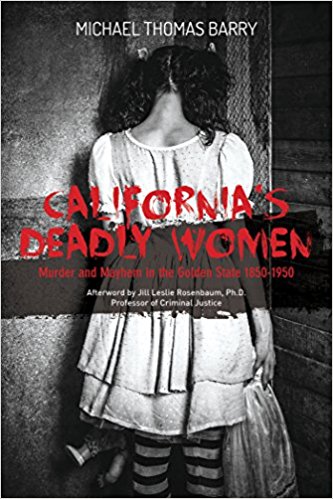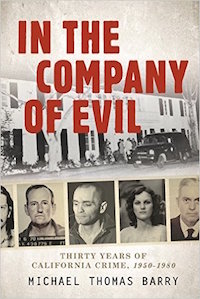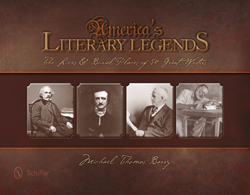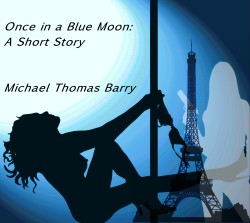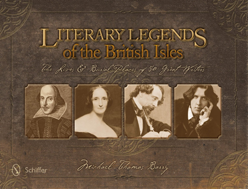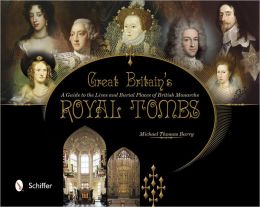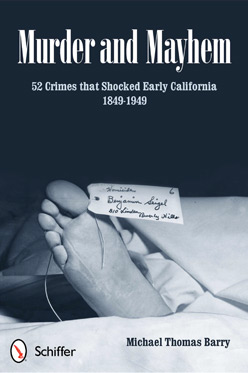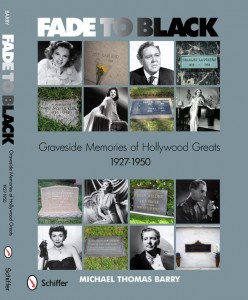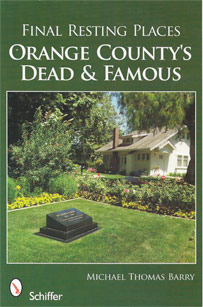08.26

On this day in American literary history – August 26, 1838, Ralph Waldo Emerson was first introduced to influential British writer Thomas Carlyle, with whom he would correspond for nearly four decades. Carlyle and the writing of the English romantic poets would have a great influence on Emerson’s work. He was born on May 25, 1803 in Boston and came from a long line of American ministers. He enjoyed a sheltered childhood and attended Harvard Divinity School. Although he accepted a position as pastor of a Boston Church in 1829, the death of his wife in 1831 deepened his existing religious doubts. He resigned two years later, explaining to his congregation that he had started to doubt the sacraments.
He moved to Concord, then set off for Europe where he met leading writers and thinkers of the day. During a visit to a Paris botanical garden, he decided to become a “naturalist.” In 1836, he published an anonymous booklet called Nature, which questioned traditional concepts of God and environment. Influenced by Hindu texts and English Romanticism, he argued that man can rise above the material world and discover a sense of transcendent spirituality. Nature defined the philosophy that would inform his future essays, lectures and poetry. He championed individual spirit, instinct and intellect over traditional religion, education and thought.
In the 1840s, he joined the Transcendentalist movement, and founded The Dial, with Margaret Fuller. His two volumes of essays, published in 1841 and 1844, including “Self Reliance,” made him world famous. His 1847 poetry collection, May-Day and Other Pieces included “Concord Hymn,” about the battle of Concord which included the famous line “the shot heard round the world.” In Representative Men (1850), he wrote sketches of his role models including Napoleon and Shakespeare. Emerson’s later work became less idealistic and more pragmatic. In The Conduct of Life, considered by some critics to be his most mature work, he takes a compassionate, philosophic approach to human frailty. He died in Concord on April 27, 1882, at the age of 78 and was buried on Poets Ridge within Sleepy Hollow Cemetery, near other famous writers such as Nathaniel Hawthorne, Louisa May Alcott and Henry David Thoreau.
Michael Thomas Barry is the award winning author of numerous books that include the soon to be released America’s Literary Legends: The Lives and Burial Places of 50 Great Writers.

